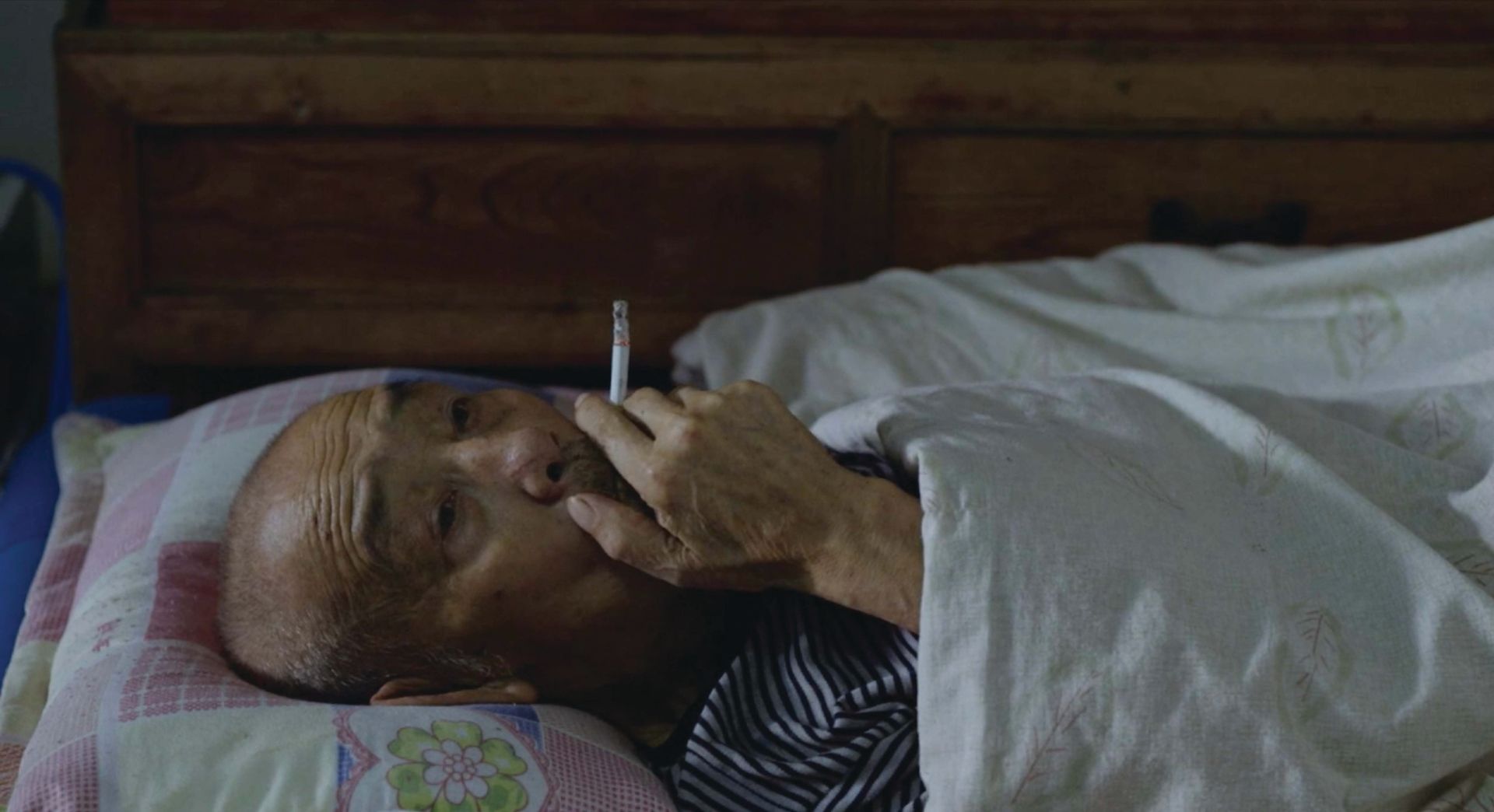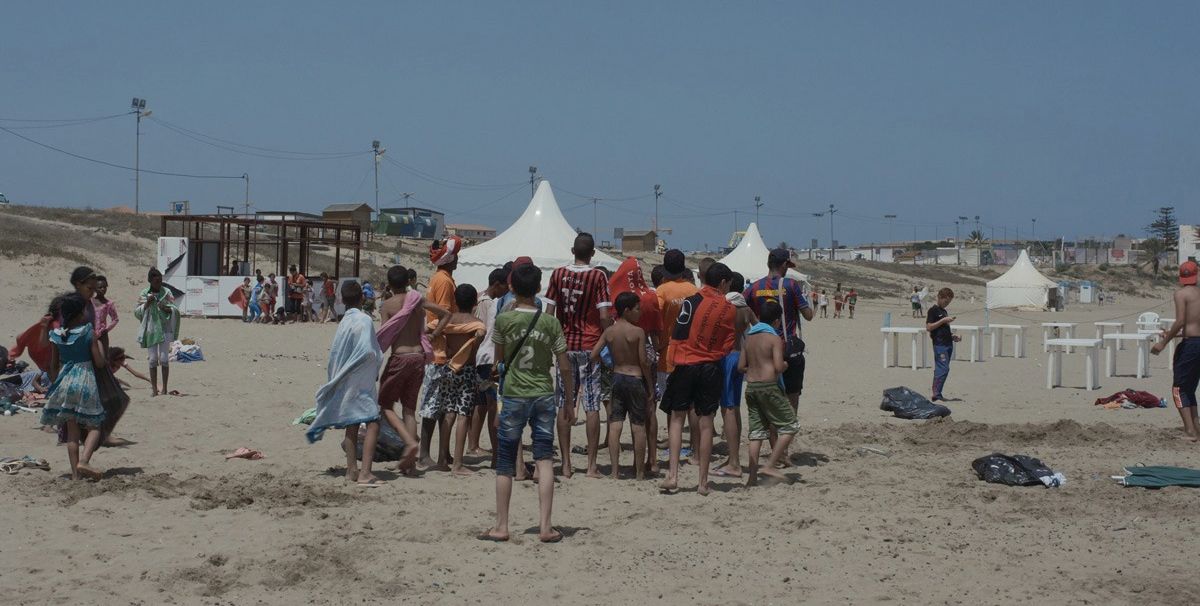The film programme at this year’s Art Basel has a distinct political streak, with screenings that confront issues of terrorism, racism, war and revolution. “Call it the zeitgeist,” says Maxa Zoller, the Cairo-based curator organising the sector for the third year running. These politically-charged themes “emerged organically” from the feature-length and short films that artists and their galleries submitted for consideration, she says.
Presented in the Stadtkino Basel, the Swiss city’s single-screen local cinema, the week-long programme is a more “inclusive” environment for debate than the art fair itself, Zoller says. “You don’t have to cross the same threshold as you do when you go into a museum or a white-cube gallery.” Unlike mainstream cinema, however, many of the films in her selection eschew documentary or dramatic conventions.
The programme will open on 12 June with Also Known As Jihadi (2016), a feature-length essay by the French artist and filmmaker Eric Baudelaire which was previously presented at the Montreal Biennale and the Whitney Biennial. It retraces a young Frenchman’s journey to the ranks of Islamic State in Syria through shots of landscape intercut with police reports and court notes on the case (names have been changed). The only sound is ambient.
This “extremely minimal” approach is inspired by fûkeiron, the Marxist theory of the Japanese activist filmmaker Masao Adachi that landscapes can reveal systems of political oppression, Zoller says. “What I like about this film is its formal quietness and intellectual maturity to approach the unthinkable and the unspeakable,” she says. “It’s difficult to make films about terrorism without resorting to the obvious documentary form. I wanted to celebrate [Baudelaire’s] achievement.”
The second feature slot, on 13 June, goes to The Swim (2017), a “full-on documentary” by the Berlin- and Beijing-based Chinese conceptual artist He Xiangyu about his hometown of Kuandian, on the border with North Korea. As tensions flare again between North Korea and the US, the film is a timely look at the “buried traumas” of the Korean War, Zoller says. He gathers the testimonies of Chinese veterans who defended communist North Korea against the Americans, as well as North Korean defectors. “It’s extremely moving to hear stories that have probably never been spoken out loud,” Zoller says. “I thought it was a one-off chance to open the door to a taboo subject.”

A “cluster” of short films will address racial intolerance and violence, particularly the police shootings of African-Americans that inspired the Black Lives Matter movement. Titled Black and Blue, the set of four films on 16 June includes works by Carrie Mae Weems and Carlos Javier Ortiz. It closes with Erwartung (2015), Robin Rhode’s reworking of Arnold Schoenberg’s one-act expressionist opera from 1909. Staged in New York’s Times Square for Performa 15, the piece uses the female protagonist’s lament for her lover to evoke the experiences of a generation of black women in apartheid-era South Africa.
The programme is “not only about trauma”, Zoller adds. She is dedicating a “mini-retrospective” to the late Yugoslavian-born, London-based filmmaker Breda Beban on 13 June. Ten short films, including four from the Little Films to Cry to series, present “intimate portraits” of Beban’s inner circle. Arranged with the artist’s estate and Kalfayan Galleries in Greece, the focus pays tribute to “a great artist who didn’t have the infrastructure for her work to live on a big scale after her death—and a personal friend”, Zoller says.


